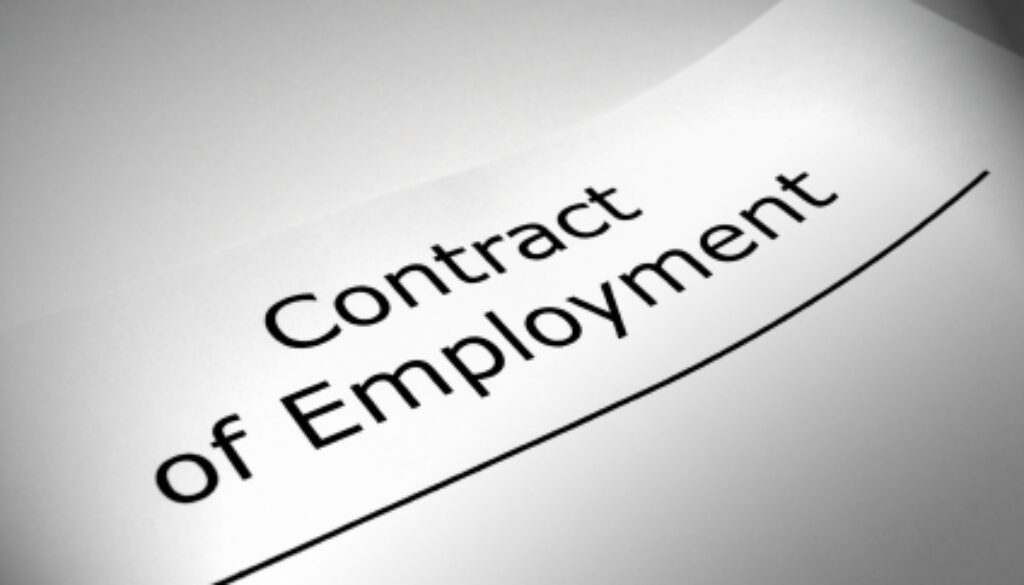Matthews v CGI IT UK Ltd – Procedural Fairness and Unfair Dismissal – | Consensus HR in Herts, Beds
Latest blog:
In the case of Matthews v CGI IT UK Ltd, the procedural errors were indeed a significant factor in the tribunal’s decision to deem the dismissal unfair. Here’s a detailed explanation of how the lack of fair procedure contributed to this outcome:
Procedural Fairness and Unfair Dismissal:
-
Adherence to Disciplinary Procedures:
-
- Employer’s Obligation: Employers are required to follow their own disciplinary procedures and the statutory guidelines (such as the ACAS Code of Practice) when dismissing an employee.
- CGI IT UK Ltd’s Failure: In this case, CGI IT UK Ltd failed to adhere to its internal disciplinary procedures, which led to procedural irregularities. This failure was a critical factor in the tribunal’s finding of unfair dismissal.
2. Adequate Investigation:
-
- Importance of Thorough Investigation: A fair procedure necessitates a comprehensive investigation into the allegations against an employee.
- Deficiency in Investigation: CGI IT UK Ltd did not conduct a thorough and impartial investigation into the alleged misconduct of Mr. Matthews. This lack of proper investigation meant that the dismissal decision was based on incomplete or potentially biased information.
3. Employee’s Right to Respond:
-
- Opportunity to Defend: An employee must be given a fair opportunity to respond to the allegations against them.
- Inadequate Opportunity: Mr. Matthews was not given an adequate chance to present his side of the story or challenge the evidence against him. This procedural lapse contributed to the unfairness of the dismissal.
4. Impartiality and Bias:
-
- Unbiased Decision-Making: Decision-makers in disciplinary processes must act impartially.
- Perceived Bias: The involvement of potentially biased individuals in the decision to dismiss Mr. Matthews raised concerns about the impartiality of the process. Bias in decision-making undermines procedural fairness and the credibility of the dismissal.
5. Impartiality and Bias:
-
- Unbiased Decision-Making: Decision-makers in disciplinary processes must act impartially.
- Perceived Bias: The involvement of potentially biased individuals in the decision to dismiss Mr. Matthews raised concerns about the impartiality of the process. Bias in decision-making undermines procedural fairness and the credibility of the dismissal.
6. Right to Appeal:
-
- Fair Appeal Process: Employees should have the right to appeal against a dismissal decision.
- Appeal Issues: The tribunal found that the appeal process provided to Mr. Matthews was not conducted fairly, further contributing to the procedural deficiencies.
Tribunal’s Conclusion:
The tribunal concluded that the dismissal of Mr. Matthews was unfair primarily due to the procedural errors made by CGI IT UK Ltd. The lack of adherence to fair procedures, including inadequate investigation, failure to allow a fair response, potential bias, poor communication, and a flawed appeal process, all contributed to the decision. The procedural lapses meant that the dismissal could not be justified as a fair outcome, even if there might have been substantive reasons for considering dismissal.




Key Takeaway:
In employment law, procedural fairness is critical to ensuring that any dismissal is just and fair. The case of Matthews v CGI IT UK Ltd underscores the principle that a dismissal can be rendered unfair purely based on procedural inadequacies, regardless of the substantive reasons for dismissal. Employers must rigorously follow fair procedures to uphold the standards of fairness and avoid legal challenges for unfair dismissal.
To view more about our range of HR & Employment Law Services
Your Outsourced Human Resources (HR) Department.
For further information on any of the HR subjects we provide, please click the heading below:





